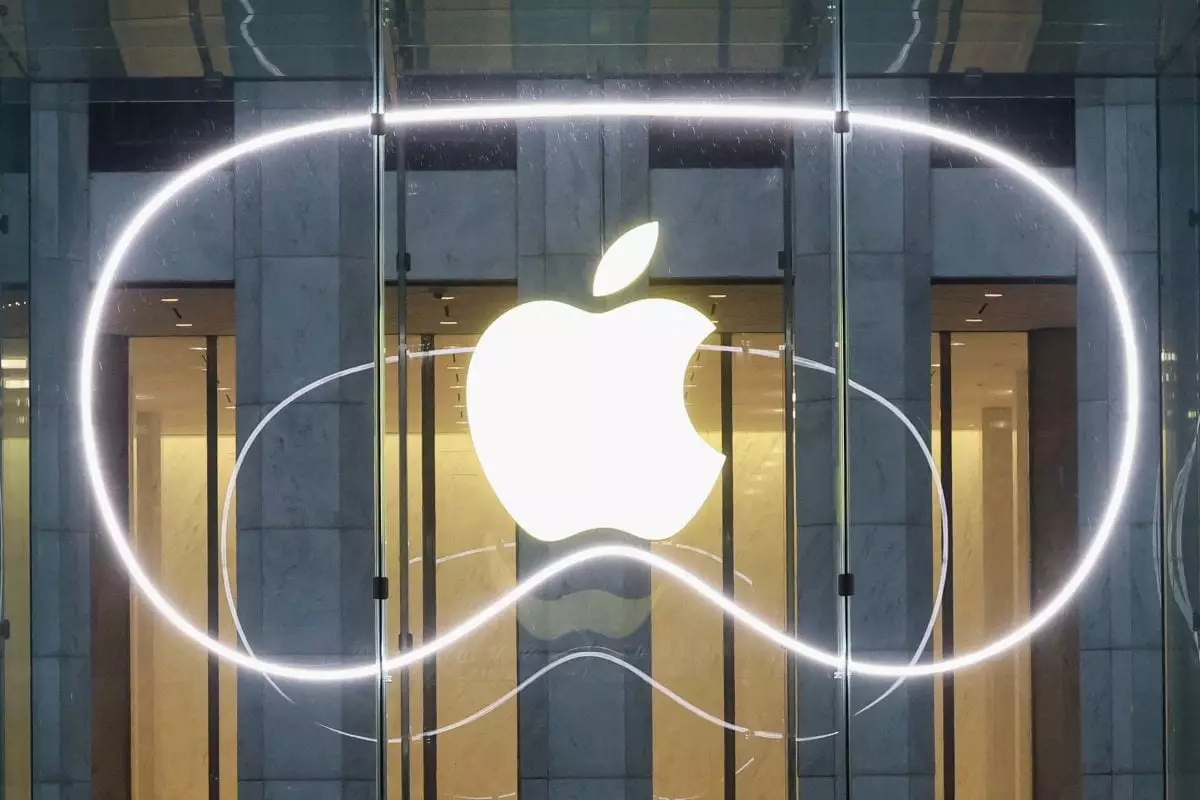In recent months, Apple has found itself at the heart of a controversy regarding its treatment of employees and their rights to organize for better working conditions. The U.S. National Labor Relations Board (NLRB) has lodged serious complaints against the tech giant, highlighting alleged interferences with worker advocacy and the use of workplace communication platforms. These developments raise critical questions about corporate governance, employee rights, and the implications of powerful corporations on workforce dynamics.
The crux of the NLRB’s accusations against Apple centers around claims that the company restricts its employees’ abilities to engage in collective bargaining through digital communication tools. Specifically, the NLRB contends that Apple has maintained restrictive guidelines regarding the use of the messaging app Slack and social media, thereby infringing upon the employees’ rights to free speech and cooperative advocacy. Such actions appear to paint a picture of a corporate environment where employees may feel dissuaded from voicing concerns or discussing their rights due to potential repercussions.
The complaint suggests that Apple unlawfully terminated an employee who had been vocal about advocating for workplace reforms via Slack. Moreover, the other reported incidents, including the requirement for a worker to delete a social media post, suggest a troubling pattern of behavior that could be perceived as corporate censorship. This level of scrutiny over employee communications raises significant ethical and legal questions about the balance between maintaining a company’s reputation and respecting the rights of its workforce.
This is not the first instance where Apple has been chastised for alleged violations of labor laws. Just a week prior, the NLRB accused the tech behemoth of compelling staff nationwide to sign problematic confidentiality agreements and imposing vast guidelines on social media engagement. This history of alleged infractions suggests a troubling trend in Apple’s corporate governance strategy—one that potentially overlooks or explicitly undermines labor rights.
Apple’s spokesperson responded to the allegations by asserting the company’s commitment to a fair and inclusive workplace, insisting that the accusations are unfounded. The firm has indicated its readiness to present its side of the story in a forthcoming hearing, indicating that the situation will persist until a formal resolution is achieved. It is worth noting that if a settlement is not reached, an administrative judge will preside over an initial hearing in February, adding to the complexities that Apple may face in the court of public perception.
At the epicenter of the current NLRB complaint is Janneke Parrish, a former Apple employee who became a significant figure in advocating for employee rights. Parrish’s assertions include claims that she was dismissed largely due to her activism around issues like race and gender discrimination, as well as her calls for more flexible work arrangements following the rise of remote work during the COVID-19 pandemic. As an advocate for employee rights, Parrish’s case has emerged as a symbol of the struggle faced by workers in large corporations who challenge the status quo.
The legal representation of Parrish has expressed significant concerns about Apple’s alleged “extensive violations” of workforce rights. As the legal proceedings unfold, discussions surrounding Parrish’s experiences and testimonies will likely serve as a foundation for broader conversations about corporate accountability and the importance of protecting employee expression.
As the labor landscape evolves, cases such as Apple’s serve as critical reminders of the ongoing tensions between employees’ rights and corporate policies. The outcomes of the NLRB hearings could set important precedents for how communication tools are utilized in modern workplaces and may influence policy frameworks for companies aiming to foster healthy, open interactions among employees.
Ultimately, this controversial saga surrounding Apple underscores the necessity for organizations to not only comply with labor laws but also create environments where employees can freely express concerns, empowering them to advocate for a workplace that reflects their values and rights. As the legal battles unfold, the stakes around corporate ethics, employee empowerment, and labor relations continue to rise, presenting a pivotal moment for worker rights in corporate America.


Leave a Reply